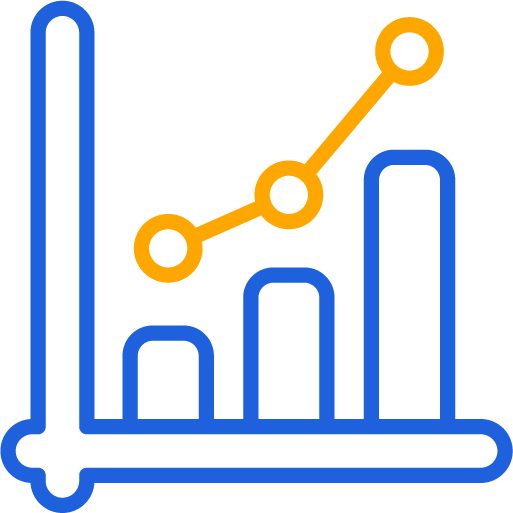According to Bloomberg News, Tesla CEO Elon Musk currently owns 9.2% of Twitter, as per a 13F statement filed today. Musk bought the stock on March 14th, as per the filing. Musk has always been a prominent Twitter user, and he previously questioned his 80 million followers on the network’s commitment to free expression.
On the announcement of Elon owning Twitter’s stock, the Twitter’s stock jumped more than 25% in pre-market trade. This price move has contributed more than $8 billion to the company’s $31.5 billion market value before Musk’s involvement was revealed. As a result, Musk’s stake is now worth about $3.6 billion, as a result of the stock price increase.

Broker Review Contents
Twitter buyout risk
According to CNBC, Musk’s Twitter shares were worth $2.89 billion as of Friday’s close. Although Musk’s stock is considered a passively investment, Wedbush researcher Dan Ives had Said that the acquisition “may escalate to some form of takeover.” Experts predict that Musk’s stock purchase will prompt him to take a more active interest in Twitter, which may lead to a buyout. Musk has been a vocal critic of the microblogging site.
Should you buy or sell Twitter stocks?
Analysts predict Twitter’s operating income to more than quadruple in 2022, thanks to the sale of MoPub, although it will remain unprofitable under generally accepted accounting standards (GAAP). As interest rates climb, Twitter’s red ink might make it a dangerous company to own.
What is the best way to trade Twitter stocks?
To deal Twitter shares, you can use a traditional stock broker (such as Avatrade) or a CFD broker (such as Peperstone). We’ll go through all the benefits and drawbacks of both strategies in the sections below.
YOU CAN FIND BEST STOCK BROKER FOR TWITTER STOCK HERE
The benefits and drawbacks of trading Twitter stocks as a CFD
A CFD is a method of trading financial items such as shares without having to own them. Here are some of the benefits and drawbacks of CFD trading over traditional stock trading.
Advantages:
• The most significant advantage of employing a CFD broker is the leverage available to consumers. This means that, in comparison to a traditional stockbroker, a trader would need far less asset holdings in relation to the size of a transaction.
• Customers may use professional advisors to automate their trading tactics with brokers that use the MT4 platform, such as Avatrade.
• Unlike traditional brokerages, which offer investment advice, brokers like Avatrade and Peperstone offer a wide choice of services, including equities and commodities.
Disadvantages:
• Leverage, as already said, is this double sword that has the potential to amplify both advantages and costs. Furthermore, as with any trade, dealers run the risk of the market moving against them.
• CFD brokers often impose overnight fees for holding a longer – term perspective. This is the rate of interest charged by the stockbroker for buying stocks on margin. There would’ve been no extra fee if the deal been concluded on the same trading day. As a consequence, this will only be a disadvantage if you are not a day or intraday trader.
























